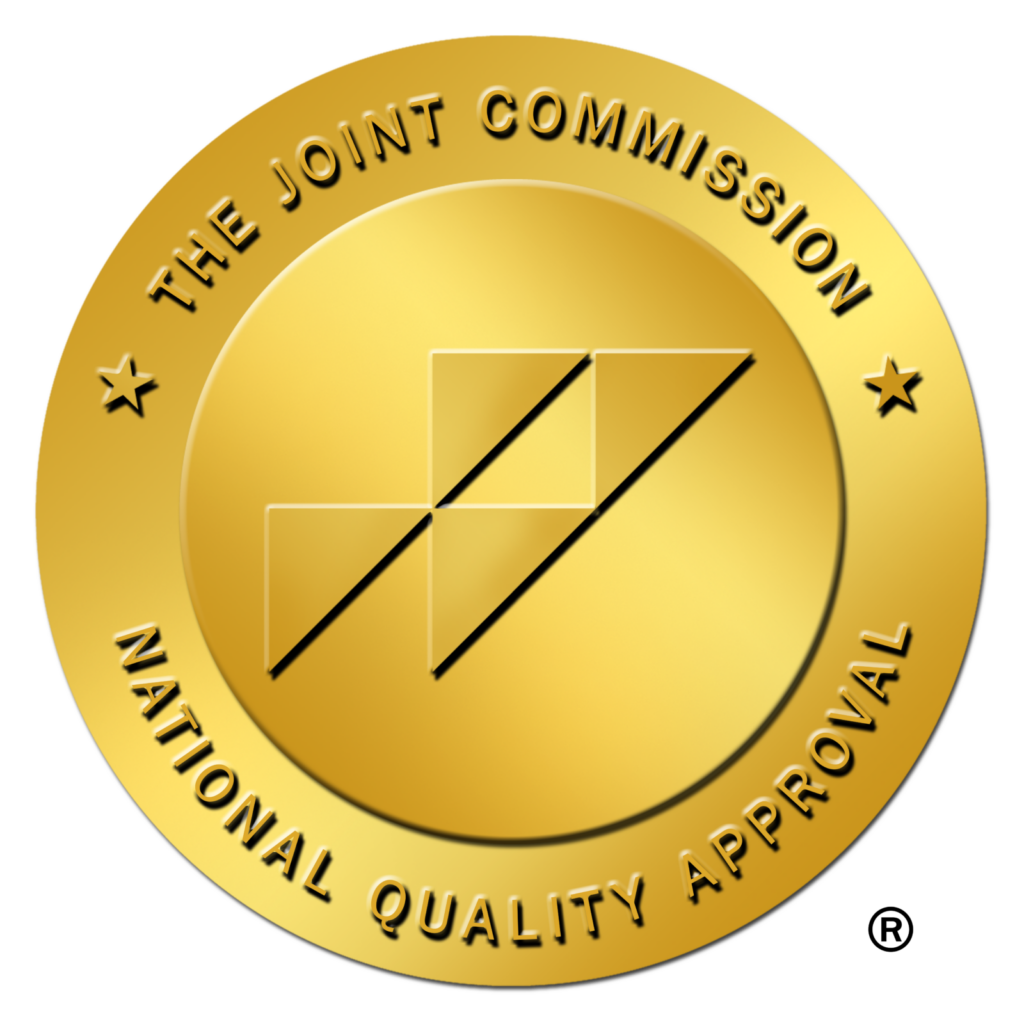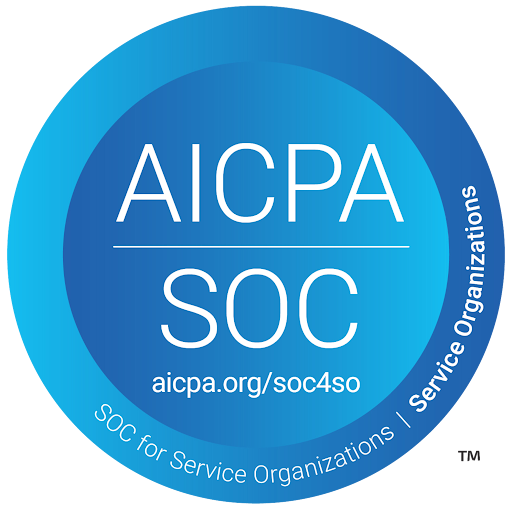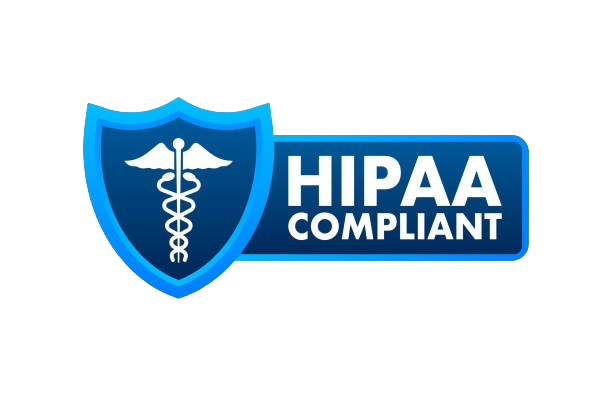Our Approach

Assessment
Our experts conduct detailed neuropsychological, neurological, and other assessments, and, when necessary, specialized brain scans to ensure an accurate diagnosis that will guide the most effective treatment planning.
Treatment
Our multidisciplinary team works with you to create a personalized treatment plan that focuses on your priorities, using clinically-proven therapies to address your specific needs and improve quality of life.
Ongoing Care and Support
Isaac Health provides continuous support to persons living with dementia and other brain health conditions as well as their loved ones. As a GUIDE Model program selected by Medicare (CMS), we offer care navigation, educational programs, skills training, support groups, and respite services to help everyone involved live life to the fullest.

Our assessment process
Diagnosing dementia can be difficult, requiring many tests and expert medical advice. To diagnose the type of dementia, our clinical team looks for patterns of lost skills and abilities. New tests (including biomarker tests) also help our doctors diagnose Alzheimer’s and other types of dementia with improved accuracy.
Diagnosing dementia early is crucial as it allows doctors can treat any reversible issues and monitor the patient’s condition. At Isaac Health, we use a set of simple steps to diagnose dementia.

Cognitive and Neuropsychological Tests
Our clinicians will evaluate your thinking ability. A number of tests measure thinking skills, such as memory, orientation, reasoning and judgment, language skills, and attention. A mental health professional can determine whether depression or another mental health condition is contributing to your symptoms.

Neurological evaluation
Our clinicians will evaluate your memory, language, visual perception, attention, problem-solving ability, movement, senses, balance, and reflexes.

Brain scans and laboratory tests
CT or MRI scans are capable of detecting indications of stroke, bleeding, tumors, or hydrocephalus, while PET scans can reveal brain activity patterns and the presence of Alzheimer’s disease-associated amyloid or tau proteins. Additionally, blood tests can identify physical issues affecting brain function, like vitamin B-12 deficiency. In specific instances, spinal fluid analysis may detect infection, inflammation, or other markers of neurodegenerative disease.

Second read service
To ensure you receive the best and most appropriate care, Isaac Health requires all outside imaging studies to be reviewed by one of our experienced neurologists. We request studies and reports from institutions outside of Isaac Health so that we can independently evaluate your case. This includes CT scans, MRIs, PET/MRIs, and PET/CT scans, etc. Our expert neurologists will closely review these to make sure that your diagnosis and treatment plan are as appropriate and effective as possible. This is a common practice at major memory centers and represents the highest standard of care. It is important for your new doctor to have the most detailed and accurate information before developing a treatment plan that is best for you. Our neurologists will review your images and issue a report at no additional cost to you and we will not bill your insurance for this “second read” service. In some cases, additional imaging may be required to explore all your treatment options.
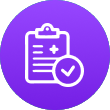
Diagnosis and treatment planning
Your doctor at Isaac Health will carefully discuss your diagnosis with you and explore the best treatment options available. Our approach is personalized, ensuring you understand the details of your care and the therapeutic strategies we recommend. For an overview of the specific treatments we offer, please refer to the Treatment section below. This includes information on our methods and the innovative therapies we utilize to manage and treat Alzheimer’s disease and other forms of dementia. Please let us know if you have any questions about our assessment process – we are here for you.

Dementia Treatment
Although there is no cure yet for dementia, there are treatments available. Isaac Health’s brain health experts can provide coordinated care to improve overall brain health.
The goal of treatment is to delay cognitive decline and improve quality of life. In cases of Alzheimer’s disease, delaying the onset by just five years can reduce the risk of getting it by 50%.
Medication Treatments
The main medications used to treat Alzheimer’s disease are cholinesterase inhibitors. The three main drugs in this group are donepezil, rivastigmine, and galantamine. Donepezil can treat all stages of Alzheimer’s, while rivastigmine and galantamine are typically prescribed in mild-to-moderate stages of Alzheimer’s. These drugs prevent the breakdown of acetylcholine, which helps with memory and learning.
Another medication, memantine, partially inhibits NMDA receptors in the brain that can cause neuronal injury associated with neurological disorders such as dementia. Memantine is approved for moderate to severe Alzheimer’s and is being studied for other types of cognitive decline, including vascular dementia.
Where clinically appropriate, Isaac Health also offers cutting-edge disease-modifying therapies like monoclonal antibody treatment for Alzheimer’s disease. The two FDA-approved treatments in this category are Leqembi (also known as Lecanemab) and Kisunla (also known as donanemab). Our clinicians specialize in assessing eligibility and guiding patients through personalized care pathways. This ensures safe and appropriate access to breakthrough treatments for persons living with living with Alzheimer’s disease and other causes of dementia.
Non-Medication Treatments
According to a report by the American Speech-Language-Hearing Association (ASHA), 72% of participants in cognitive treatment sessions experienced at least one level of improvement in functional communication measures, including memory, spoken language, and problem-solving.1
- American Speech-Language-Hearing Association National Outcomes Measurement Association. (2019).

Ongoing care and support
Isaac Health offers a comprehensive package of ongoing caregiver support, care management, education and skills training, and respite services. We help individuals and their loved ones live life to the fullest by improving quality of life, supporting everyone involved in care, and helping persons living with dementia remain in their homes and communities.
Our approach aligns with the GUIDE Model by Medicare (CMS), focusing on person-centered (not disease-centered) care, interdisciplinary collaboration, and evidence-based care management. We bring a whole care team to the people who need it most, when they need it most, all headed by a central dedicated Care Navigator to keep the entire journey as smooth and simple as possible.

Care Management
Your Isaac Health care team is your helping hand throughout the care journey, providing proactive check-ins on medication adherence and helping detect medical issues before they require a hospital visit. Isaac Health also offers referrals to community resources and social supports as needed.
Caregiver support
To reduce the challenges caregivers face on a daily basis, Isaac Health provides skills training, coaching, education, and a 24/7 hotline with trained staff. Anything that Isaac Health isn’t able to provide at the moment (and we aim to cover everything), Isaac Health is able to connect them to community-based providers and other local in-person or online communities for resources and support based on the evolving needs and preferences of persons living with dementia and their caregivers.

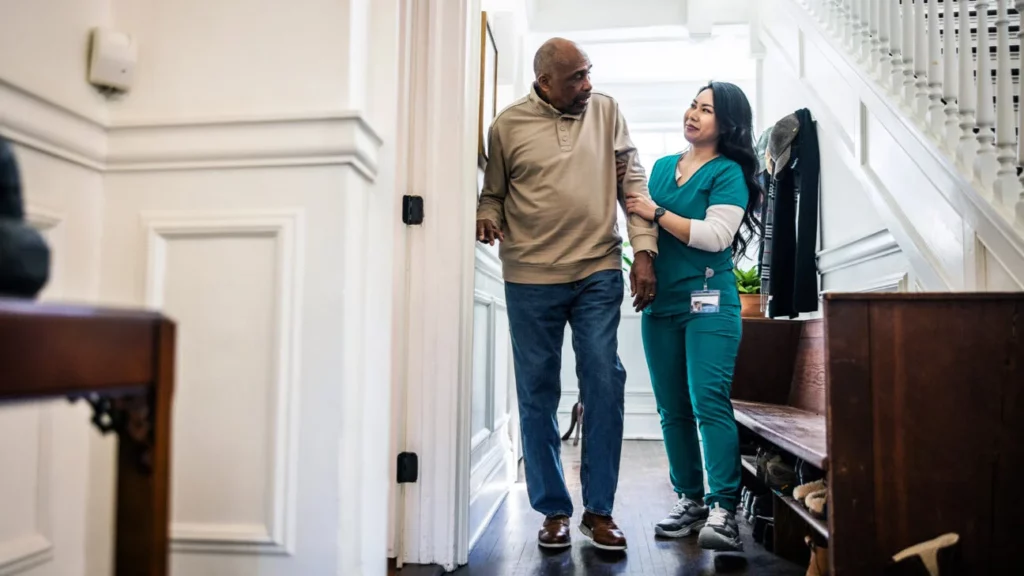
Respite services
Isaac Health is dedicated to supporting caregivers of persons living with dementia through respite services, allowing caregivers to recharge while ensuring the highest quality of care for their loved ones. In alignment with the GUIDE Model by Medicare, we prioritize the well-being and dignity of persons living with dementia, their caregivers, and the people that matter most to them, fostering a supportive and sustainable care ecosystem.
Monitoring and Surveillance
Monitoring and surveillance through cognitive assessments is a great way to track progression for Alzheimer’s disease and other cognitive conditions. If you are concerned about changes in memory or experiencing problems with thinking, consult a brain health specialist with Isaac Health.
FAQs
Research has shown that almost half of dementia cases are potentially preventable by addressing known risk factors. These include both general health factors, environmental factors, medication, and mental activity. At MyIsaacHealth.com we will guide you to identify the risk factors most relevant to you and help you address them. We will also help you boost cognitive function through memory training and coaching. In isolated cases, certain medications may be indicated to control risk factors or boost cognitive function.
While there is a pipeline of potential medications to slow disease progression, there is currently limited medical treatment available. However, there are a few classes of drugs available to slow cognitive decline. See our section on treatment for details. In addition, cognitive interventions, such as cognitive stimulation therapy, has been shown in many cases to be as effective as medications in slowing cognitive decline, building cognitive reserve, and developing compensatory techniques to support living with cognitive decline. Finally, addressing risk factors and maintaining a high level of social and brain activity are the great ways to protect yourself.
Our diagnosis and treatment programs are covered by many forms of insurance. See our section on network coverage for details. For pricing without insurance coverage, see our packages.
Our care team consists of neurologists, other brain health doctors, psychologists, speech-language therapists, memory coaches, and care navigators.
While in many cases your health plan, health system, family physician, or neurologist may have sent you our way, you are welcome to sign up without a referral
If your have health insurance, most of our services will be covered under the terms and conditions of your policy. For prices without health insurance, please see our packages.
Isaac Health offers full services in New York, North Carolina, Florida, South Carolina, Georgia, Colorado, Texas, Illinois, Minnesota, Tennessee, Maryland, California, and Pennsylvania.
Individual services are also available in other states. Please call us for additional information.
We chose the name “Isaac Health” because it reminds us of three things: One of the most influential brains in human history (Sir Isaac Newton), one of the longest-lived biblical figures (Isaac, who lived to 180 years old), and the name “Isaac” literally means “one who laughs or rejoices”. Our name represents what we ultimately hope to achieve for the people we serve through our mission to promote and preserve brain health: a long, fulfilling life with many moments of genius and joy.


